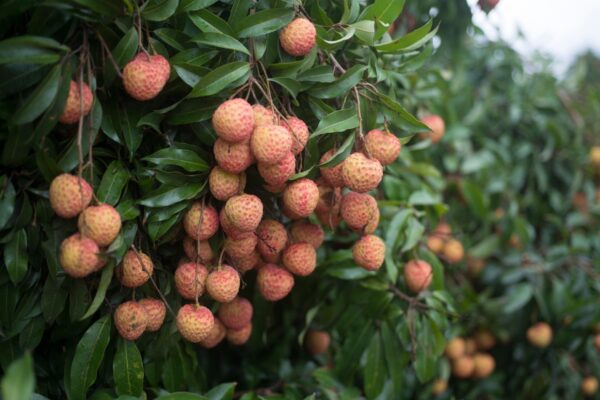
Radiant and flavorful, lychees were so beloved that they were domesticated not just once in ancient times, but independently in two different regions of China, a study finds.

Radiant and flavorful, lychees were so beloved that they were domesticated not just once in ancient times, but independently in two different regions of China, a study finds.
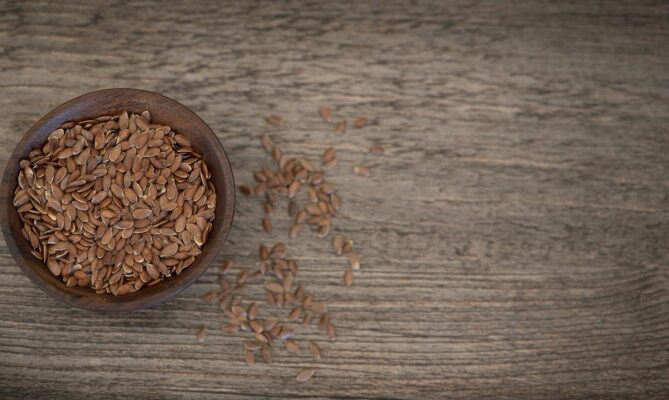
New research shows that when it comes to colonizing plants, microorganisms from seeds have more staying power than microorganisms from the soil.
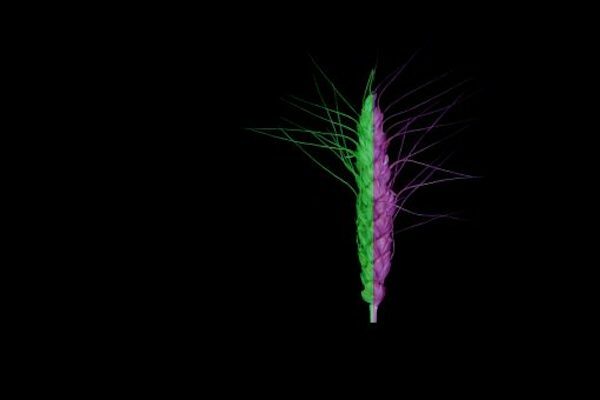
Crops often have multiple genomes hybridised from their parents, a condition known as polyploidy. Previously plant breeding has used predictions based only on DNA sequence, but this research suggests that applying knowledge about RNA could help provide more accurate predictions of how traits are passed on.
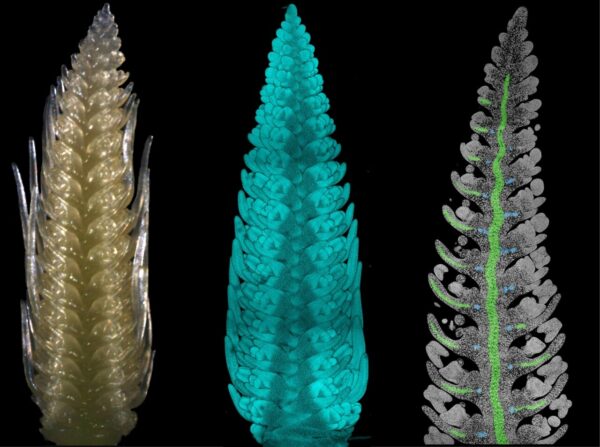
Agriculture is the major player in contributing to global food security. Increasing our crop productivity is currently a challenging task due to the limitations of climatic change and decreasing of agricultural land. Sustainable agriculture has been considered an excellent solution for the prevailing and future environmental conditions. To contribute to sustainable agriculture by improving crop productivity, we need precise information about these crops. Knowledge about the interactions of different yield components is of great importance for the best possible exploitation of yield potential. In barley, it is particularly important to increase the number of grains per spike. However, which factors play a role in this and what differences there are between different barley row-types has hardly been researched so far.
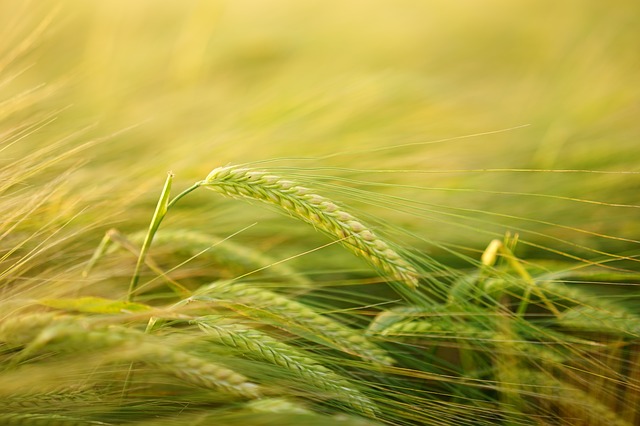
For plant breeding, it is important to create as many combinations as possible of genetic variants within a short time to select the most suitable candidates between plants with many different characteristics. A working group has now developed a method for using natural variations to identify what are referred to as ‘highly recombinogenic individuals’.
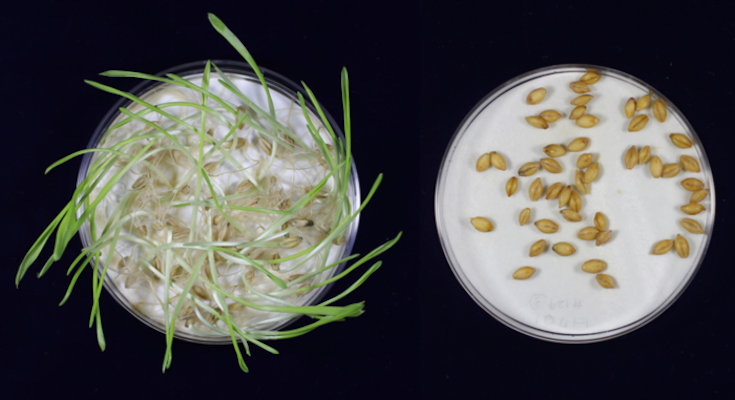
After a spell of unexpected rain, before the harvest season, a farmer may be faced with the unpredictable problem of untimely sprouting of barley. Sprouted barley fetches considerably low market prices and poses an economic burden on farmers and corporations that are at the mercy of nature to survive in the agriculture industry. The aggravation of climate change has not made this situation any better too.
The problem of pre-harvest sprouting, thus, has kept agricultural researchers occupied for long. Pre-harvest sprouting can be avoided by prolonged grain dormancy through genetic manipulation. However, such dormancy can interfere with malt production, and also cause non-uniform germination upon sowing. Balancing these issues is necessary for high-quality barley production, therefore.
Now, a team of scientists, offers a solution to this age-old problem.
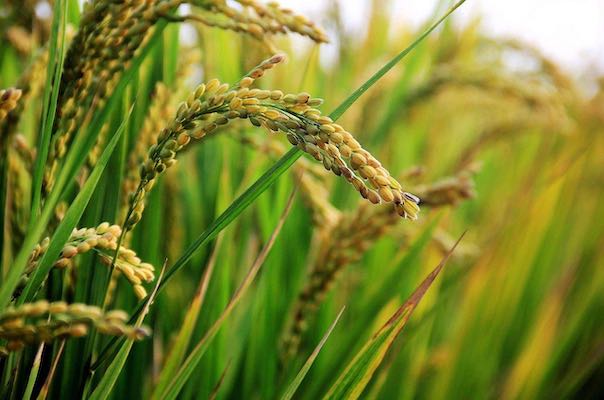
How do you like your rice? Sticky, fluffy, brown, or white? These qualities, in addition to grain length, width, appearance, and other traits, are hugely important predictors of rice sales and consumption worldwide. And region matters. Rice preferences in Latin America, for example, are very different from those in West Africa, Japan, India, and elsewhere.
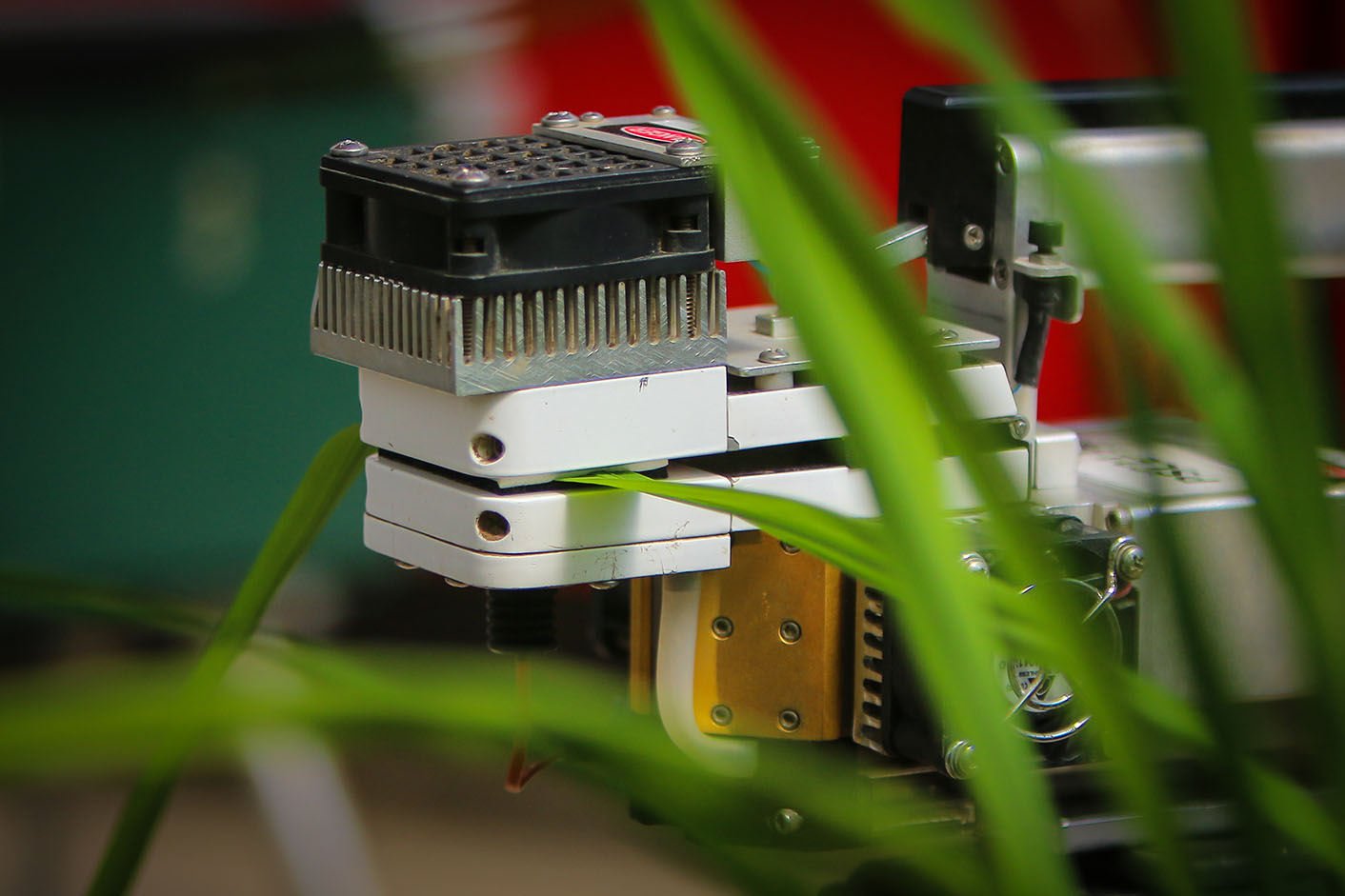
Millions of people in Asia are dependent on rice as a food source. Believed to have been domesticated as early as 6000 BCE, rice is an important source of calories globally. In a new study, researchers compared domesticated rice to its wild counterparts to understand the differences in their photosynthetic capabilities. The results can help improve future rice productivity.
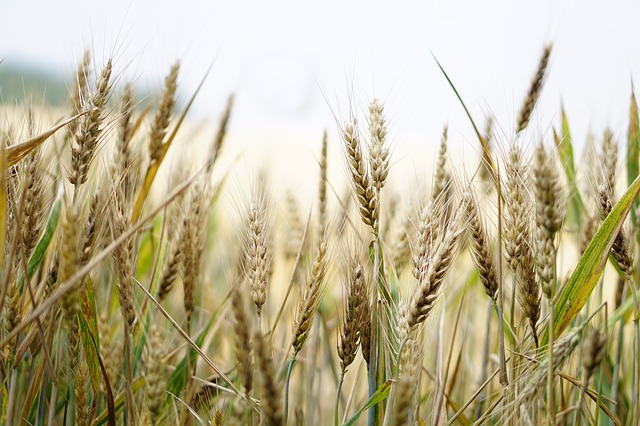
Genetic detective work has uncovered an obscure ancestor of modern bread wheat, in a finding similar to uncovering a famous long-lost relative through DNA analysis in humans. Researchers have sequenced the DNA from 242 unique accessions of Aegilops tauschii gathered over decades from across its native range – from Turkey to Central Asia.
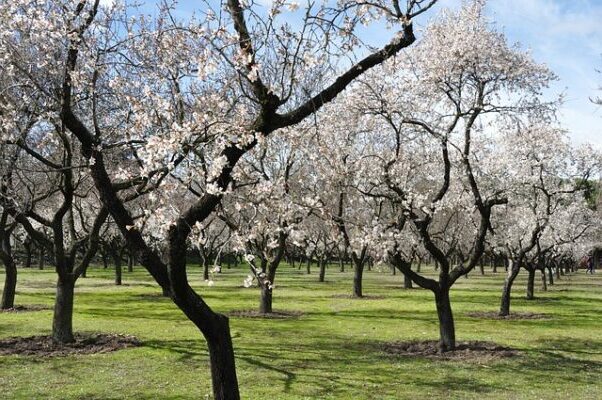
The potential of intercropping with perennial plants in woody systems to mitigate climate change through soil carbon sequestration could increase in the long term, once the new crops are fully developed and stabilised. The ongoing nature of the research would enable to confirm if this type of diversification would be a long-term solution to convert these systems into carbon sinks, thereby contributing to mitigating climate change.